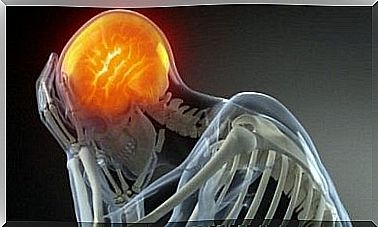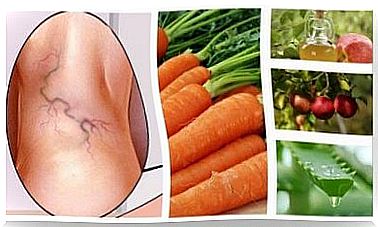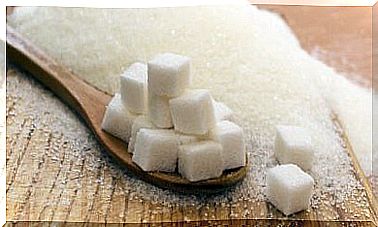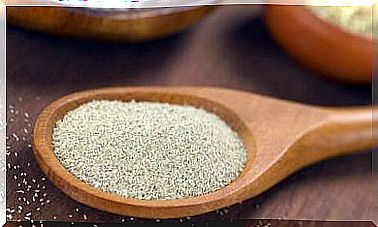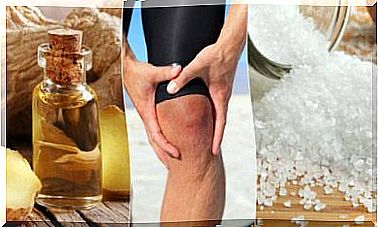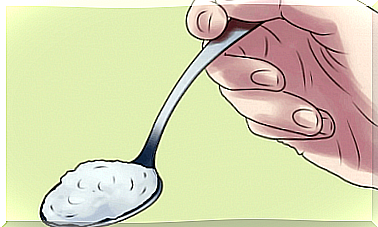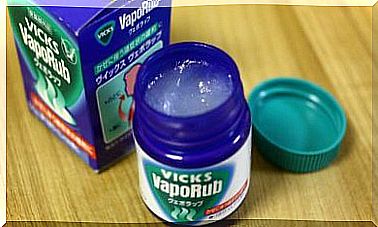Fats Are Essential In The Diet

Are fats essential in the diet? We can answer this question without giving any explanation and the correct answer would be: yes, without a doubt. Fats correspond to one of the three groups of macronutrients, the remaining two being proteins and carbohydrates.
Therefore, if the focus is to follow a balanced and healthy diet, they must be included in the diet, in their proper proportions. However, regarding this matter there are many doubts, mainly due to the existence of several myths.
In this sense, what should be done is to delve a little deeper into the importance of fats and be strict with this issue. Also, know the types of fats, which ones are good and which ones are adequate. So, read on to find out more!
What functions do fats have in our body?
Fats, also known as lipids, are a very important part of the diet of most heterotrophic beings. Lipids are important molecules for many forms of life, as well as fulfilling both structural and metabolic functions. Some of these important functions are:
- Energetic, as the metabolism of one gram of any fat produces, on average, about 9 kilocalories of energy.
- Structural, as cholesterol is part of cell membranes, as well as being a precursor to hormonal steroids, bile acids and vitamin D.
- “Hold” and protect organs such as the heart and kidneys.
- Carry fat-soluble vitamins (A, D, E, K and carotenoids).
- Provide essential fatty acids for the body.
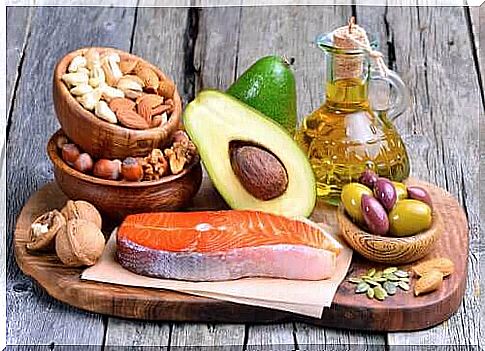
What are the different types of fat?
Fats are essential in the diet and, therefore, it is necessary to know the different types and how to consume them. Depending on the fatty acids that make up these fats, and how their chemical bonds are, it is possible to classify them as:
Saturated fat
Fat that appears solid at room temperature. In addition, the vast majority are of animal origin, but they are also found in abundance in vegetable oils such as coconut (92%) or palm (52%).
unsaturated fats
At room temperature they are liquid. Still, most oils correspond: olive oil, sunflower or corn oil. In short, they are the most beneficial to the human body due to their effects on plasma lipids. Furthermore, they contain essential fatty acids that are very important for human consumption, as the body does not manufacture them.
You can find different subgroups:
- Monounsaturated fats: are those that reduce plasma levels of cholesterol associated with LDL lipoproteins (popularly referred to as ‘bad cholesterol’) and raise levels of HDL lipoproteins (known as ‘good cholesterol’).
- Polyunsaturated fats: formed by the series of omega 3 and omega 6 fatty acids.
The omega 6 series reduces LDL and HDL lipoprotein levels. In addition, the omega 3 series has more effect on lowering plasma triglycerides. Found in most blue fish, oil seeds and some nuts.
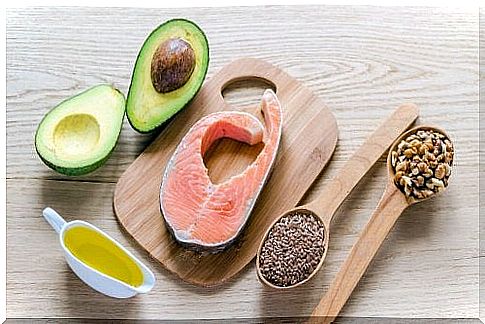
Trans fat
They are obtained during the hydrogenation of vegetable oils. In short, they can contribute to the elevation of LDL lipoprotein and triglyceride levels, dangerously dropping HDL lipoprotein levels. Found in vegetable butter or margarine.
Amounts of fat required in the diet
In adults, of the total daily energy consumption, between 30 and 35% must come from fats. The rest will come from carbohydrates and proteins. On the other hand, cholesterol intake should not exceed 300 mg/day.
concluding
Fats should not be completely excluded from the diet, as they are part of the essential nutrients for the body. The key to healthy consumption is knowing how to differentiate the different types and their effects on the body. Furthermore, it is necessary to know how to consume them in adequate portions within a balanced eating plan.
